- Home
- About ANT
-
Products
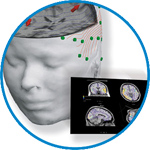
asa
asa is a highly flexible EEG/ERP and MEG analysis package with a variety of source reconstruction, signal analysis and MRI processing features.
.jpg)
eego mylab
The new frontier in multimodal brain research. With up to 16 kHz sampling rate, 256 EEG channels and unique software features, eego mylab gives you an unprecedented in-depth understanding of the human brain.
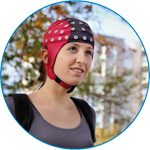
eego sports
eego sports offers complete freedom to collect high-density EEG data, bipolar EMG signals, and a variety of physiological sensor data, wherever and whenever required, with publish quality data in less than 15 minutes!
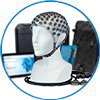
waveguard net
The waveguard net sets a new standard for research applications requiring high-density EEG data acquisition with quick preparation time, high flexibility, and subject comfort.
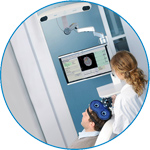
visor2
Our new and upgraded visor2 solutions integrate all the latest technologies for navigated rTMS, dual-coil navigation support, EEG-TMS recordings and pre-surgical evaluation for the highest quality in research and clinical procedures.
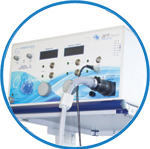
powerMAG ANT
The PowerMAG ANT 100 rTMS stimulator is designed for the specific needs of high-end TMS applications. Powerful high-frequency TMS as well as high precise single pulse and repetitive pulse protocols are combined in one single device.
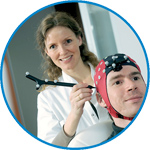
xensor
xensor offers the solution for digitization of 3D electrode positions. xensor takes care of the whole procedure; it records, visualizes and stores positions acquired with a dedicated digitizer.
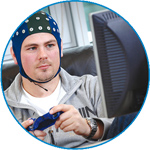
waveguard original
waveguard original is the cap solution for EEG measurements compatible with fMRI, MEG and TMS system. Use of active shielding guarantees performance in even the most demanding environments.
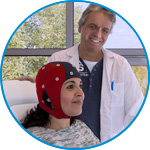
waveguard connect
waveguard connect EEG caps are a perfect match for hospitals and institutes aiming at reliable EEG, maximum uptime and great patient comfort! For optimal signal quality, the electrodes are made of pure, solid tin.
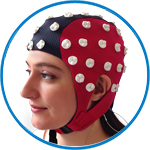
waveguard touch
waveguard touch is a dry electrode EEG cap. The unique Ag/AgCl coated soft polymer electrodes provide stable, research-grade EEG signals while maintaining subject comfort. The combination of these innovative dry electrodes and the industry-leading waveguard cap makes waveguard touch the best solution for dry EEG.
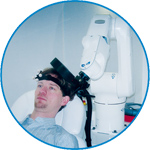
smartmove
smartmove allows planning of a complete TMS session ahead by defining stimulation sites based on anatomical MRI information and functional information like fMRI, PET or EEG/MEG.
Stay - References
- Support
- Events
- News
- Contact Us
You are here
White Noise Benefits Kids With ADHD
White Noise Benefits Kids With ADHD
Optimal stimulation theory and moderate brain arousal (MBA) model hypothesize that extra-task stimulation (e.g. white noise) could improve cognitive functions of children with attention-deficit/hyperactivity disorder (ADHD). We investigate benefits of white noise on attention and inhibition in children with and without ADHD (7–12 years old), both at behavioral and at neurophysiological levels.
Methods
Thirty children with and without ADHD performed a visual cued Go/Nogo task in two conditions (white noise or no-noise exposure), in which behavioral and P300 (mean amplitudes) data were analyzed. Spontaneous eye-blink rates were also recorded and participants went through neuropsychological assessment. Two separate analyses were conducted with each child separately assigned into two groups (1) ADHD or typically developing children (TDC), and (2) noise beneficiaries or non-beneficiaries according to the observed performance during the experiment. This latest categorization, based on a new index we called “Noise Benefits Index” (NBI), was proposed to determine a neuropsychological profile positively sensitive to noise.
Results
Noise exposure reduced omission rate in children with ADHD, who were no longer different from TDC. Eye-blink rate was higher in children with ADHD but was not modulated by white noise. NBI indicated a significant relationship between ADHD and noise benefit. Strong correlations were observed between noise benefit and neuropsychological weaknesses in vigilance and inhibition. Participants who benefited from noise had an increased Go P300 in the noise condition.
Conclusion
The improvement of children with ADHD with white noise supports both optimal stimulation theory and MBA model. However, eye-blink rate results question the dopaminergic hypothesis in the latter. The NBI evidenced a profile positively sensitive to noise, related with ADHD, and associated with weaker cognitive control.
Read the full paper here.

 Read more
Read more.jpg)




